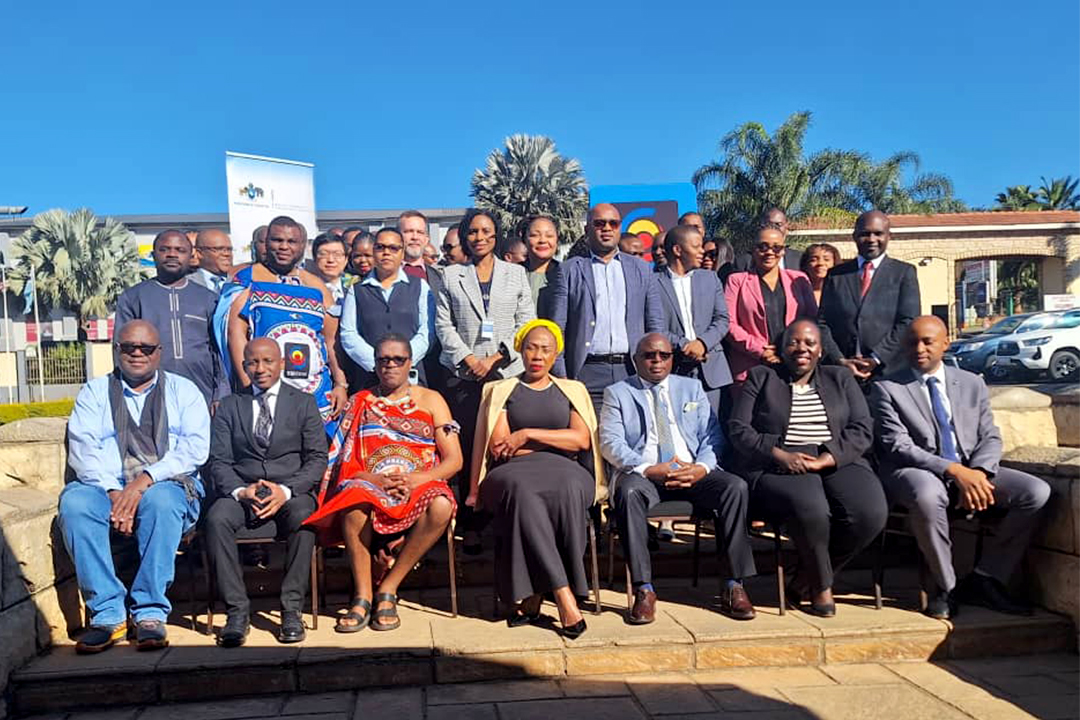By Phesheya Ian Kunene
EZULWINI – SADC Member States have officially begun a two-day consultative workshop in Eswatini to develop a fresh set of regional broadband targets, aligned with the United Nations’ 2030 goals on universal digital access.
The SADC Broadband Development and Targets 2030 Workshop kicked off Monday morning at Happy Valley Hotel, bringing together delegates from across the region, including policymakers, regulators, telecom operators, and global development partners.
The meeting is hosted by the Eswatini Communications Commission (ESCCOM) in partnership with the Communications Regulators’ Association of Southern Africa (CRASA).
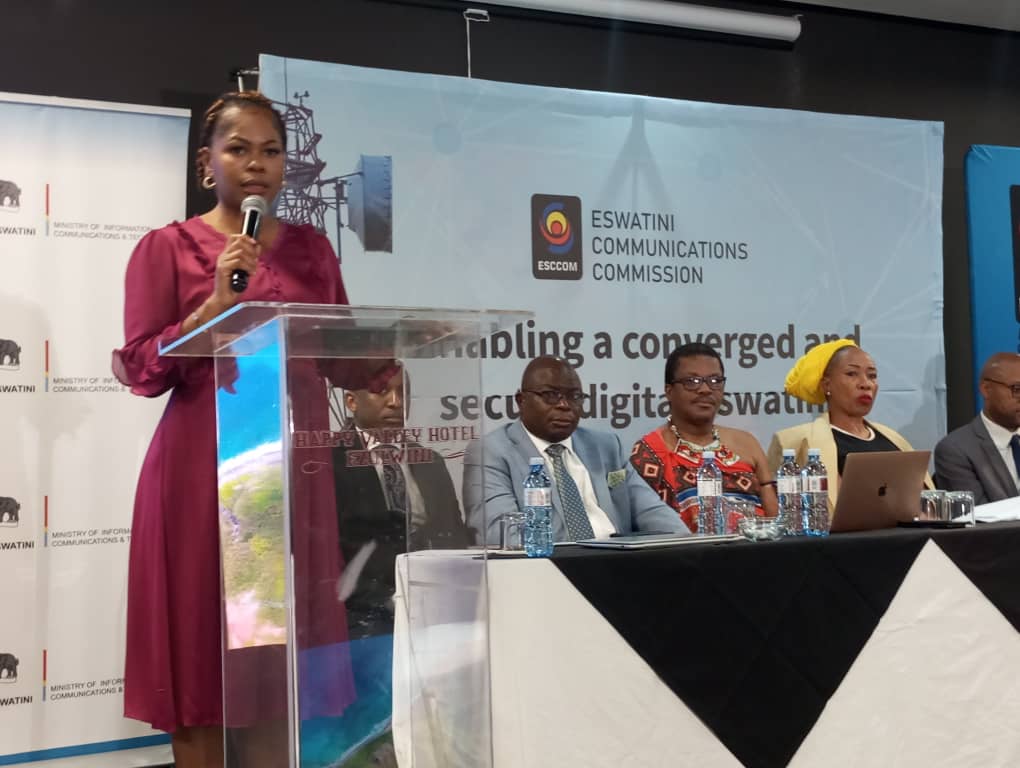
Opening the session, ICT Under Secretary Macanjana Motsa, speaking on behalf of Minister Savannah Maziya, declared the workshop officially open and challenged SADC countries to act with urgency.
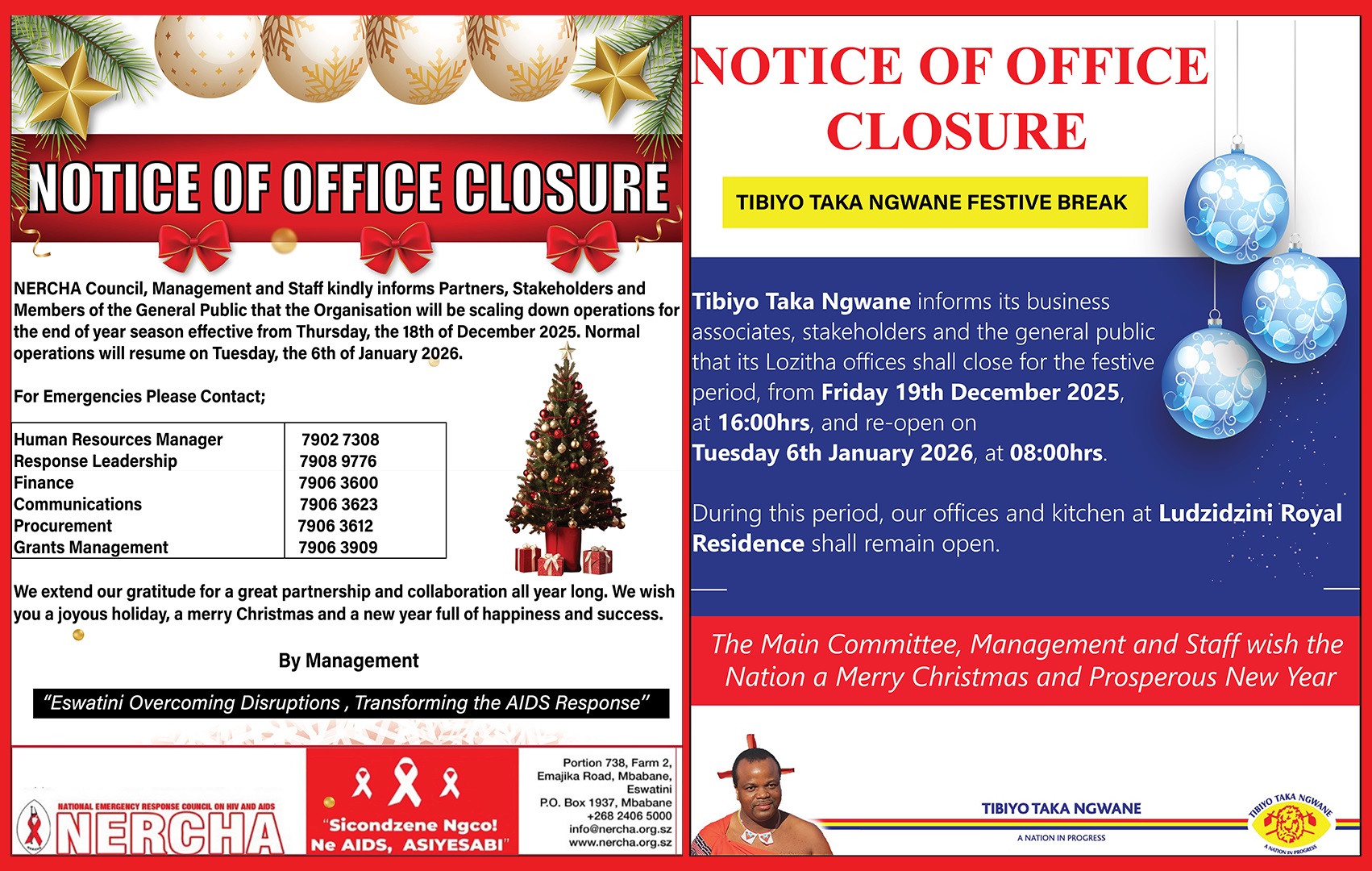
“Broadband is now the lifeblood of modern economies,” she said. “But meaningful broadband deployment doesn’t happen on its own. It requires deliberate policy, sustained investment, and data-driven planning.”
She stressed the importance of creating robust national broadband policies that reflect the realities on the ground, especially in underserved and rural areas.
“Governments must do more to secure funding for ICT infrastructure and create environments that attract public-private partnerships,” Motsa said, urging Member States to “measure what they manage” through improved data collection.
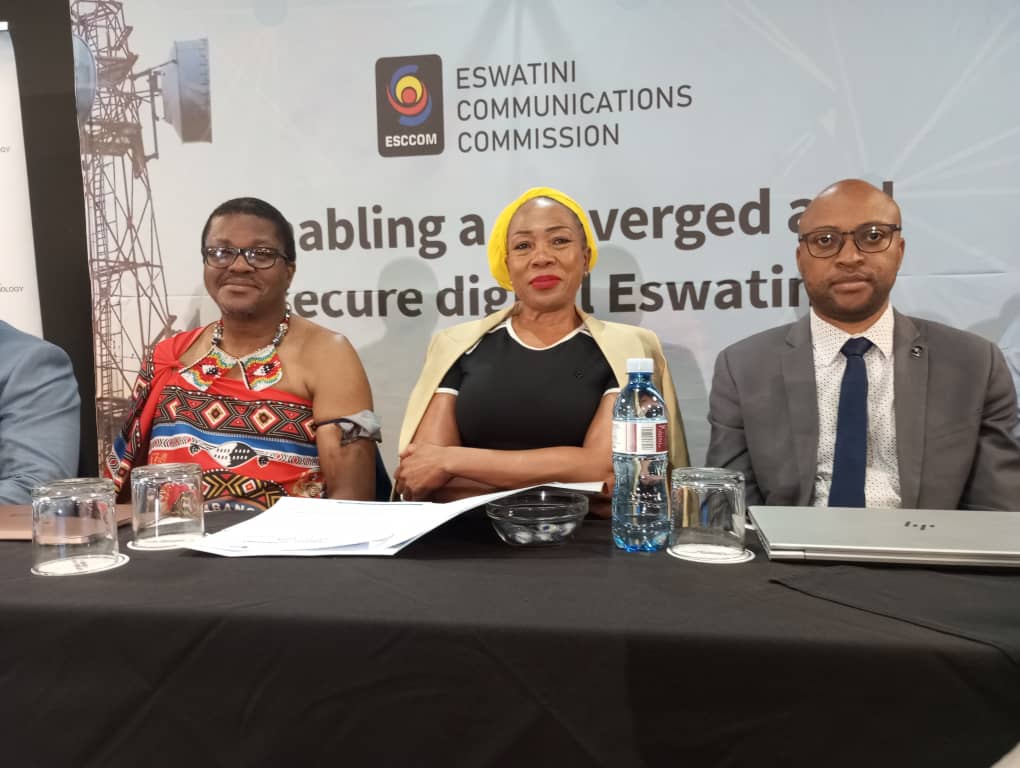
ESCCOM CEO Mvilawemphi Dlamini, in his remarks, noted that the 2018 SADC broadband targets are expiring in 2025 and that this workshop is the region’s moment to reflect, recalibrate and push forward.
“We must ensure affordable broadband for all within SADC. This workshop will determine the way forward as we reach the 2030 targets set. Bold decisions must be taken,” he said.
Dlamini described broadband as no longer a luxury but a “digital lifeline” that powers education, healthcare, agriculture, finance and commerce. “Increased broadband penetration directly boosts productivity and innovation,” he added.
Chairing the workshop was Tichafa Rixon Mujuru, representing Zimbabwe and SADC, who encouraged Member States to work in unity toward the 2030 vision.
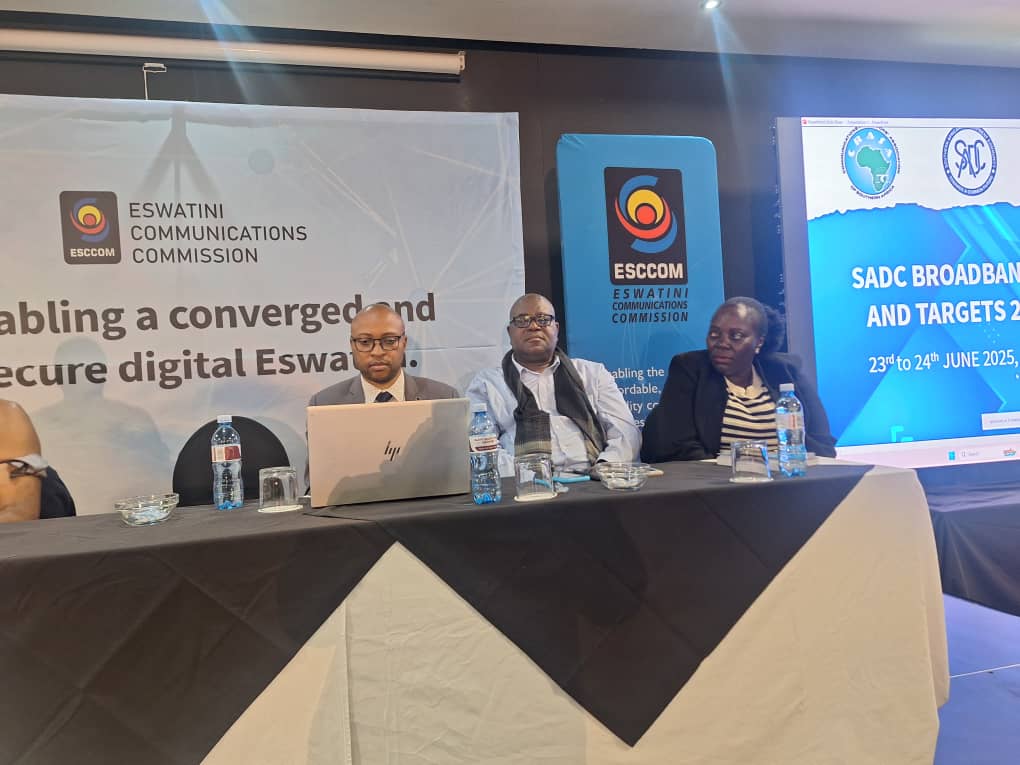
“This is not just about digital access. It’s about creating digitally enabled societies that leave no one behind,” he said.
Delegates also heard from Anne Rita Ssemboga of the International Telecommunications Union, who commended the region’s efforts and reminded stakeholders that “collaboration remains the key driver in achieving meaningful universal connectivity.”
Attendees viewed a presentation video highlighting SADC’s broadband milestones and challenges, including connectivity gaps, affordability barriers, and infrastructure bottlenecks.
The workshop, which runs until Tuesday, is expected to produce a new set of measurable and action-oriented broadband development targets that will guide policy across the 16 SADC Member States up to 2030.
Eswatini, as host, reaffirmed its commitment to advancing universal broadband access and pledged continued support in the regional push for digital inclusion.

